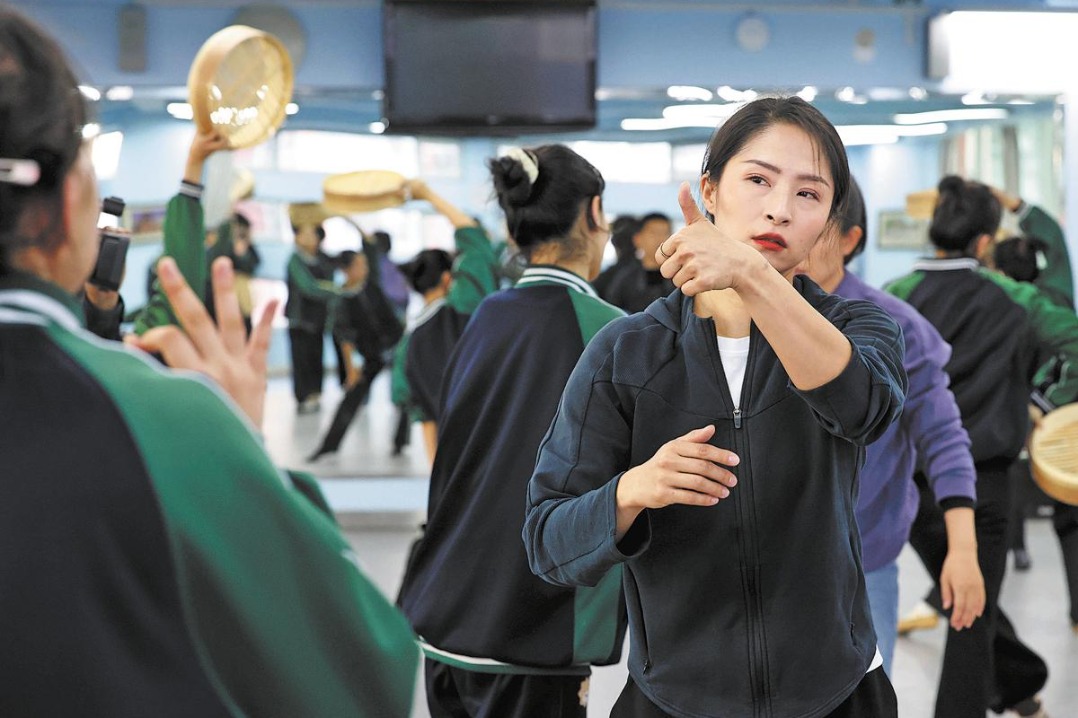Journalists witness Xinjiang's stability, industry, culture


URUMQI -- In the old town of Kashgar, Northwest China's Xinjiang Uygur autonomous region, a group of journalists were impressed by the traditional production techniques of clay pottery, mulberry paper, and ethnic musical instruments, as well as modernized restaurants and homestays.
The journalists, some of whom come from Taiwan and Hong Kong, completed an eight-day interview tour in Xinjiang on Sunday.
"What impresses me most about the old town is the living atmosphere," said Yen Pei-yu, a journalist from Taiwan. Through a decade of transformation, the old town has established modernized infrastructures, with ancient architectural styles retained, she said.
The journalists learned about the region's anti-terrorism and de-radicalization policies and practices when visiting a theme exhibition in the regional capital Urumqi.
"To understand a place, people should visit in person. During the trip, I have seen the real Xinjiang, and believe what I have seen," said Wei Hui-ni, another media clerk from Taiwan.
In Ili Kazak autonomous prefecture, they visited companies at an industrial park and talked with workers and management personnel.
A manager of a local furniture company said the employees work on a rotating basis, have free access to food and accommodation, and earn an average monthly salary of around 4,000 yuan (about $595).
Tsai Yi-chieh, a reporter from ETtoday, said the journey showed her the real, prosperous, and stable Xinjiang.
- Brain-computer interface gives hope to paralyzed people
- Experts look to establish guidelines for safe, ethical trials
- Mainland decries DPP's RedNote ban
- Fire in a residential building claims 12 lives in Guangdong
- International experts share innovative poverty solutions
- Guangdong to launch campaign to identify and rectify major fire hazards




































